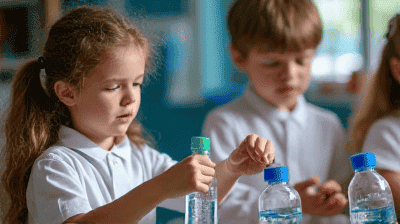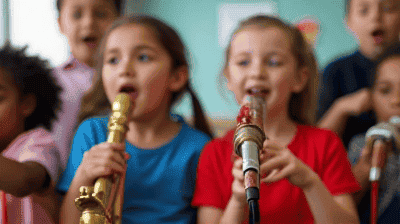Preparing Students for the Future: Teaching Digital Literacy in Primary Education
In today's rapidly evolving digital landscape, equipping young learners with essential skills for the future is more important than ever. As technology becomes an integral part of everyday life, digital literacy has emerged as a critical competency that encompasses more than just the ability to use digital devices. It involves navigating, evaluating, and creating information in a variety of digital formats. This article explores the significance of teaching digital literacy in primary education, outlines ef











